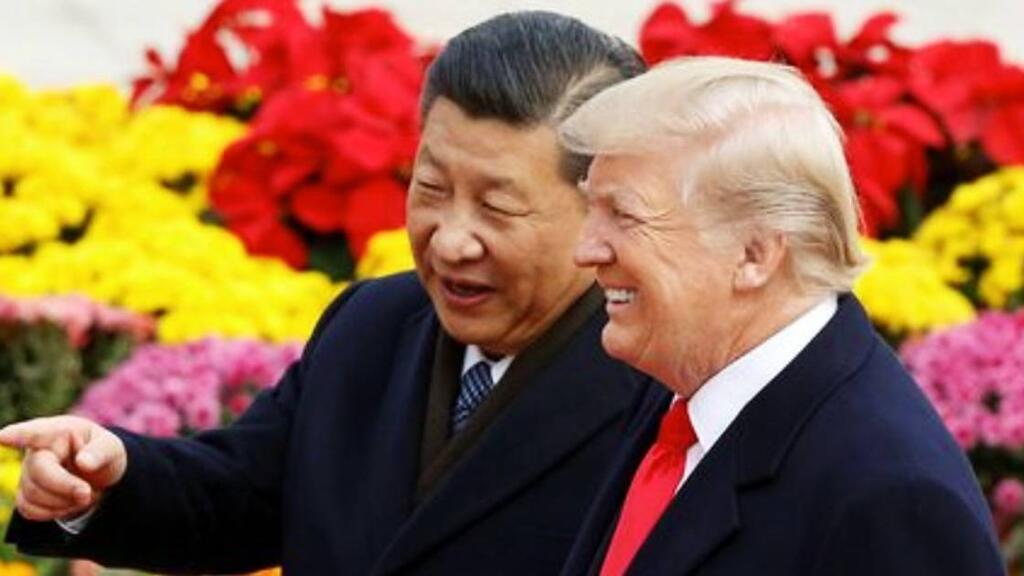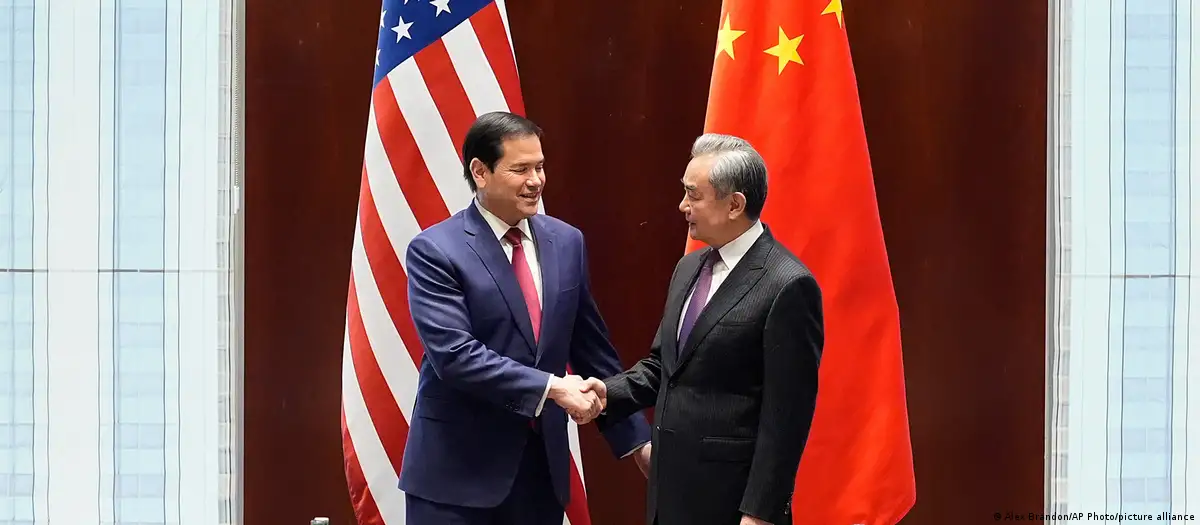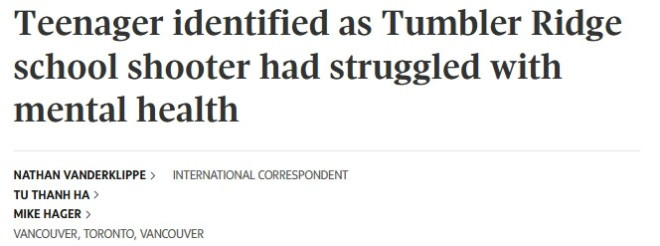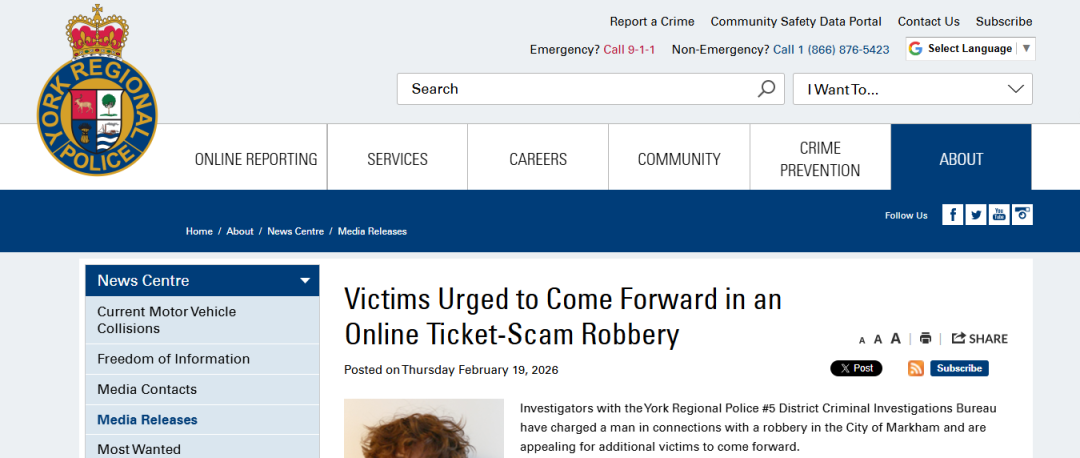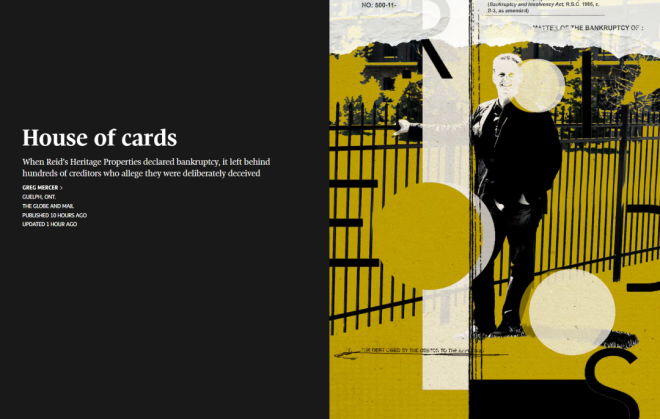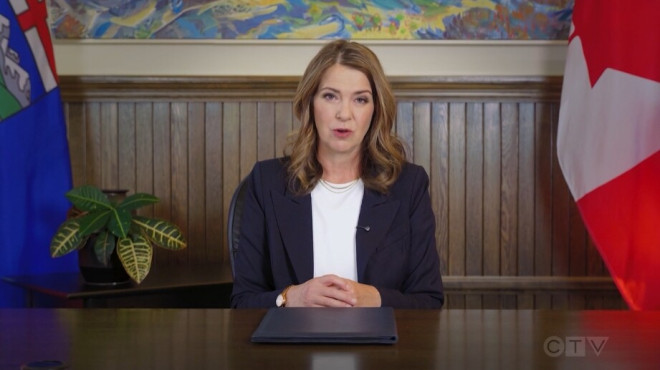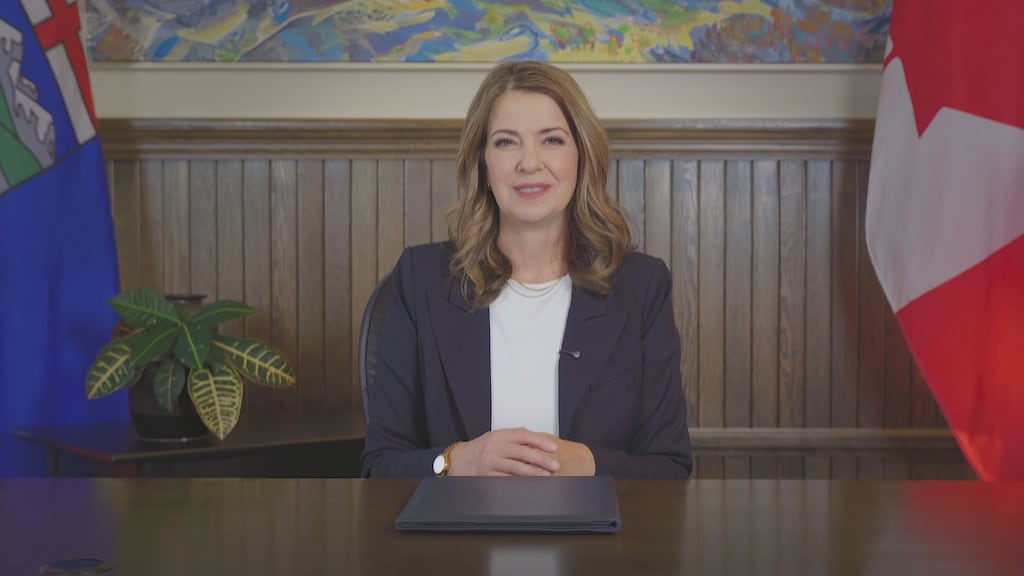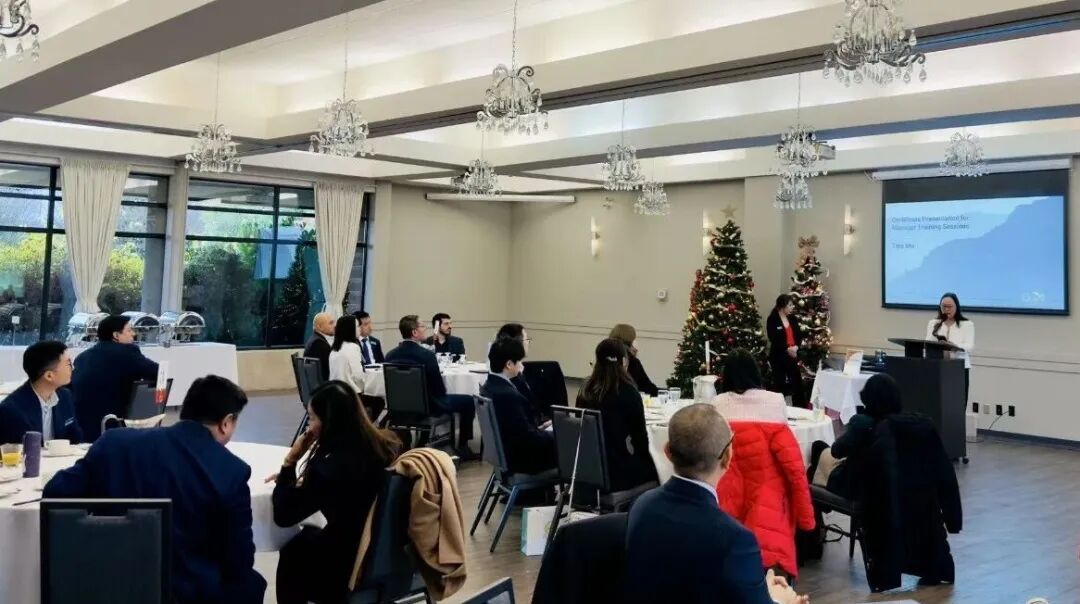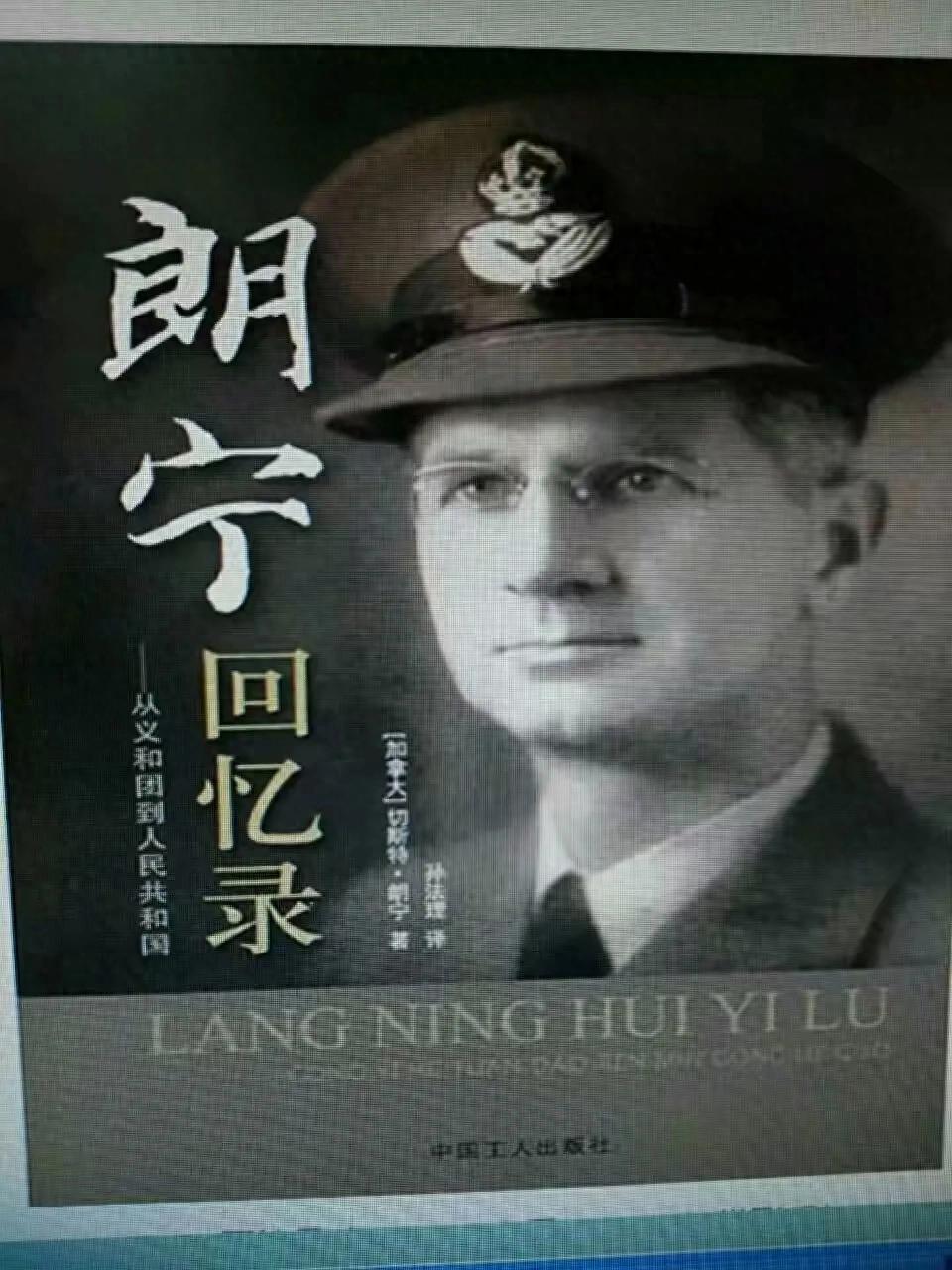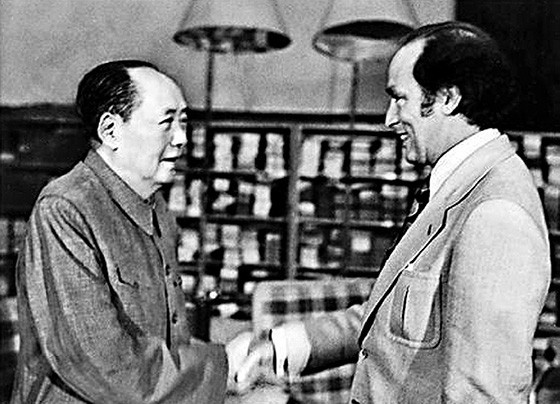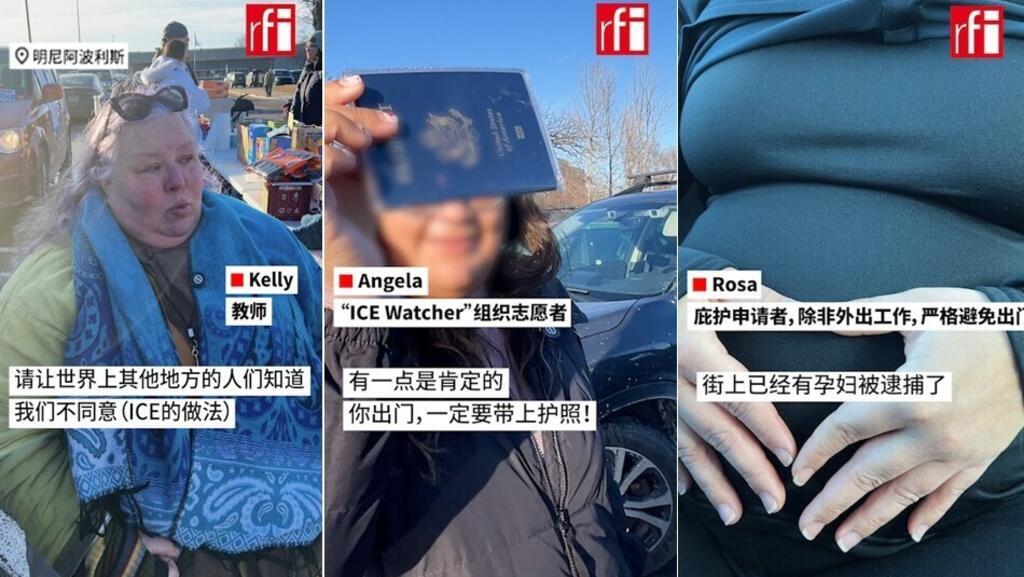致BC省卫生厅公开信
关于最新中医针灸监管条例修订案
2024年1月23日,省卫生厅发布了最新修订的中医针灸监管条例提案(Traditional Chinese Medicine Practitioners and Acupuncturists Regulation Proposed to replace B.C. REG. 290/2008)。 新的修订案对现行监管框架进行了广泛地修改,与中医立法监管保护民众健康的初衷大相径庭,严重损害注册中医专业人员为民众提供医疗服务的明确性,极大降低中医原有高质量的教育规范,因此引发中医专业人员及社会团体的极大不满。
这次修订对中医与针灸定义的大幅简化和模糊化,特别是删除了原有中医治疗专属名词,采用了更为模糊的表述。例如,将“针法”、“灸法”、“拔罐”、“推拿”、“气功”、“太极拳”以及“中药处方”(处方、组方、配药)等特色术语,统一更换为非中医专业及医疗术语的简化表达,比如将“推拿”改为“手法治疗””穴位按压”,“气功”和“太极拳”改为“中医能量调节疗法”, “灸法”改为“热能刺激”,“拔罐”改为“负压吸入法”。这种对中医治疗专属名词以及其中文拼音的删除,极大地削弱了中医文化及其传统源头的表达,使中医的定义变得模糊不清,让公众难以辨认其为中医的特点,从而大大增加损害公众利益和健康的风险!
在“从业范围”部分,内容已被几乎完全删除。而在“监管范围”方面,对“中药处方”的监管也被彻底删除! 这意味着,卫生厅将不再监管谁有资格开具中药处方,中医药的开方prescribing,组方compounding,或配药 dispensing 不在中医定义中明确表述,从而导致未经中医药严格教育培训未具备完整资格者,都可以开具中药处方。也将破坏自1999年中医立法以来对高级中医师、中医师、针灸师、中草药师各别的专业教育培训要求标准彻底改变,这对卑斯省民众造成了潜在的巨大风险!
值得一提的是,中医自1999年政府立法监管以保护民众权益已有25年历史,目前卑斯省的中医药监管条例是依据2008年,由卑斯省中医药管理局(CTCMA)提交并经省卫生厅批准实施至今,中医在卑斯省得到了有效的监管,有序的发展,成为全国中医医疗的标杆,为公众提供了经济有效的中医针灸、推拿、气功、中药处方以及中药食疗等中医治疗服务,为省政府节省了大量医疗开支,为减轻医疗资源负担做出了重要贡献!
在这些担忧之中,中医师们对卫生厅监管重要性有很高的共识,并深知监管对确保中医和针灸行医的安全性和有效性至关重要。我们理解政府将四个管理局合并为一个统一监管机构, 因此明确与完善监管条例,建立良好有效的监管机制,更有益于提升行业的专业性与整体性,为民众提供优质有效的中医医疗服务。为了最大程度地维护卑斯省民众的利益,我们恳请省政府,坚决保留2008年的中医针灸监管条例,绝对不能取消中医药的开方, 组方,和配药的监管!
加拿大中医发展联盟主席/加拿大中医之家创始人李荣刚教授/博士

加拿大华人联合总会会长牛华先生

荘晓爚女士
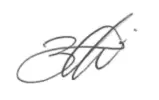
加拿大中医发展联盟共同主席李永洲高级中医师

2024年2月21日
Open Letter to the Ministry of Health
Regarding the proposed Amendment of TCMPA regulation
On January 23, 2024, the Ministry of Health released the amendment of TCMPA regulation to replace the current regulation “Traditional Chinese Medicine Practitioners and Acupuncturists Regulation proposed to replace B.C. REG. 290/2008)”. This newly proposed regulation involves extensive modifications to the current version seriously contradicting the original intent of legislative oversight to protect public health in traditional Chinese medicine. Moreover, it severely undermines the clarity of healthcare services provided by TCM professionals to the public and greatly diminishes the existing high-quality educational standards in TCM. As a result, it has sparked significant dissatisfaction among TCM professionals and societal groups.
For examples, It involved replacing TCM-specific and medical terminology with more ambiguous expressions, such as “manual therapy” for “tuina” and “thermal stimulation” for “moxibustion.” This alteration diminishes the expression of TCM culture and its traditional roots, potentially harming public interests and health by obscuring the definition of TCM to the public.
Moreover, this newly proposed version simplifies the definitions of TCM and acupuncture, leading to the near-complete removal of content from the “scope of practice” section. Additionally, all oversight regarding “Chinese herbal prescriptions” prescribing, compounding and dispensing TCM herbal medicines and formulas in the “Restricted activities” section has been
eliminated, possibly enabling unqualified individuals to practice Chinese herbal medicines. This will also disrupt the thorough change in the professional education and training requirements for all levels of TCM practitioners since the legislation on traditional Chinese medicine in 1999, posing a significant potential risk to the BC residents!
It is worth mentioning that traditional Chinese medicine has been under provincial legislation and regulation to protect public interests for 25 years since 1999. The current TCM Regulation in BC dates back to 2008, established by the College of Traditional Chinese Medicine Practitioners & Acupuncturists of British Columbia (CTCMA) and approved by the Ministry of Health. During the ensuing 25 years, TCM in BC has been effectively regulated and becoming a benchmark for TCM healthcare nationwide. It has provided the public with economically effective TCM treatments including acupuncture, tuina, qigong, Chinese herbal medicines, and herbal dietary therapy, thus reducing healthcare costs for the provincial government.
Amidst these concerns, there is a consensus among TCM registrants regarding the importance of regulation. We understand that regulation is essential for ensuring the safety and efficacy of TCM and acupuncture practices. We recognize the ongoing efforts to amalgamate four colleges into a unified regulatory body as a positive step towards enhancing the professionalism and integrity of the profession.
Consequently, we strongly advocate for well-structured regulatory frameworks to govern the practice of TCM and acupuncture. In order to protect the best interests of BC residents, we earnestly urge the provincial
government to firmly retain the 2008 TCM regulatory framework, and under no circumstances cancel the restricted practice of “prescribing, formulating, and dispensing of Chinese herbal medicine”!
Prof./ PhD Rong-Gang Li (Founder of Home of Canadian TCM Society,Chairperson of Canadian Traditional Chinese Medicine Development Alliance)

Mr. Hua Niu (President of Canadian Community Service Association)

Mrs.Vivian Zhuang

Dr. John Lee ( Co- Chairperson of Canadian Traditional Chinese Medicine Development Alliance)

Feb.21,2024

左起: 莊晓瀹 李永洲 李荣刚 牛华
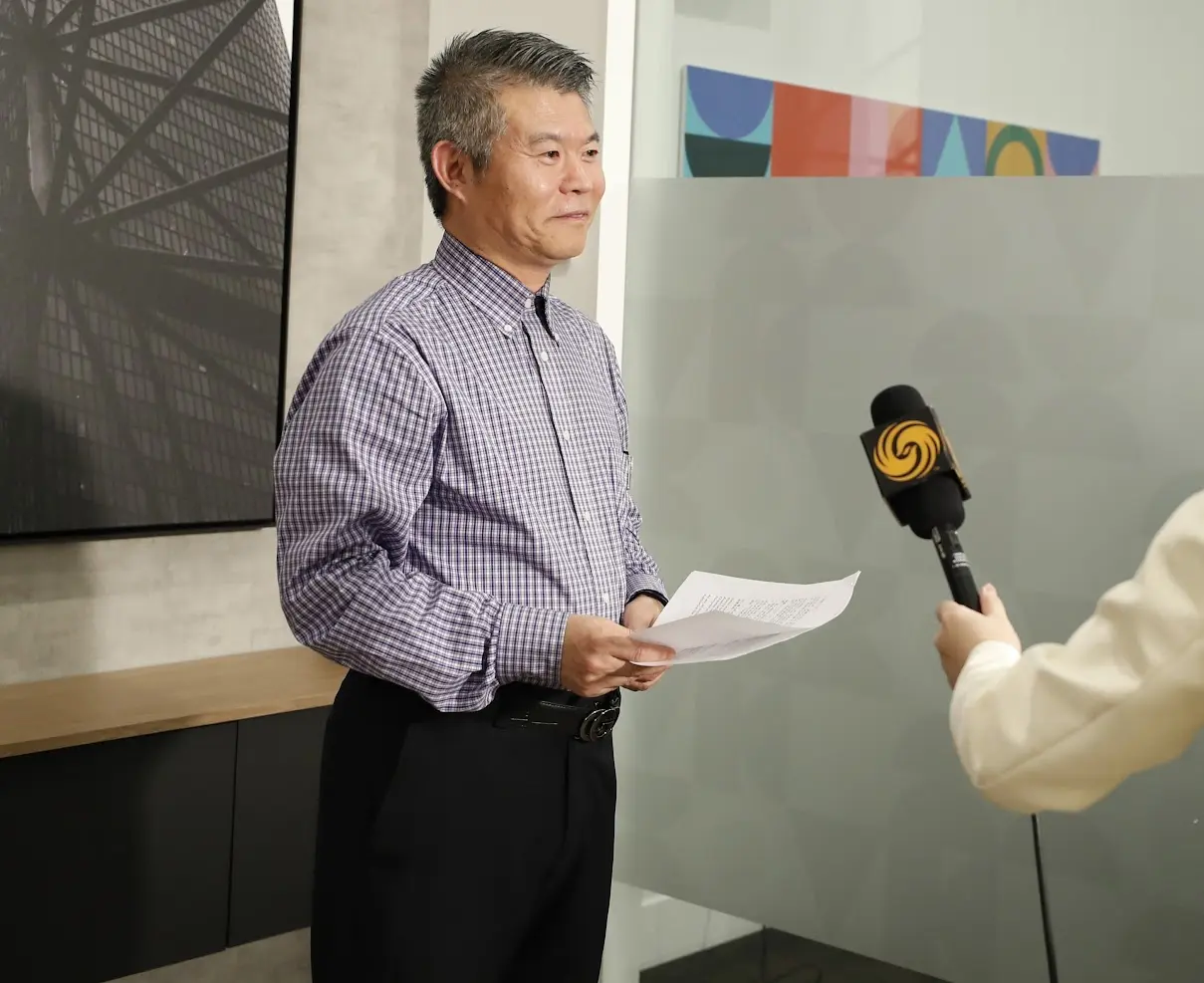
李荣刚教授接受凤凰卫视采访

牛华会长接受凤凰卫视采访

莊晓瀹会长接受凤凰卫视采访
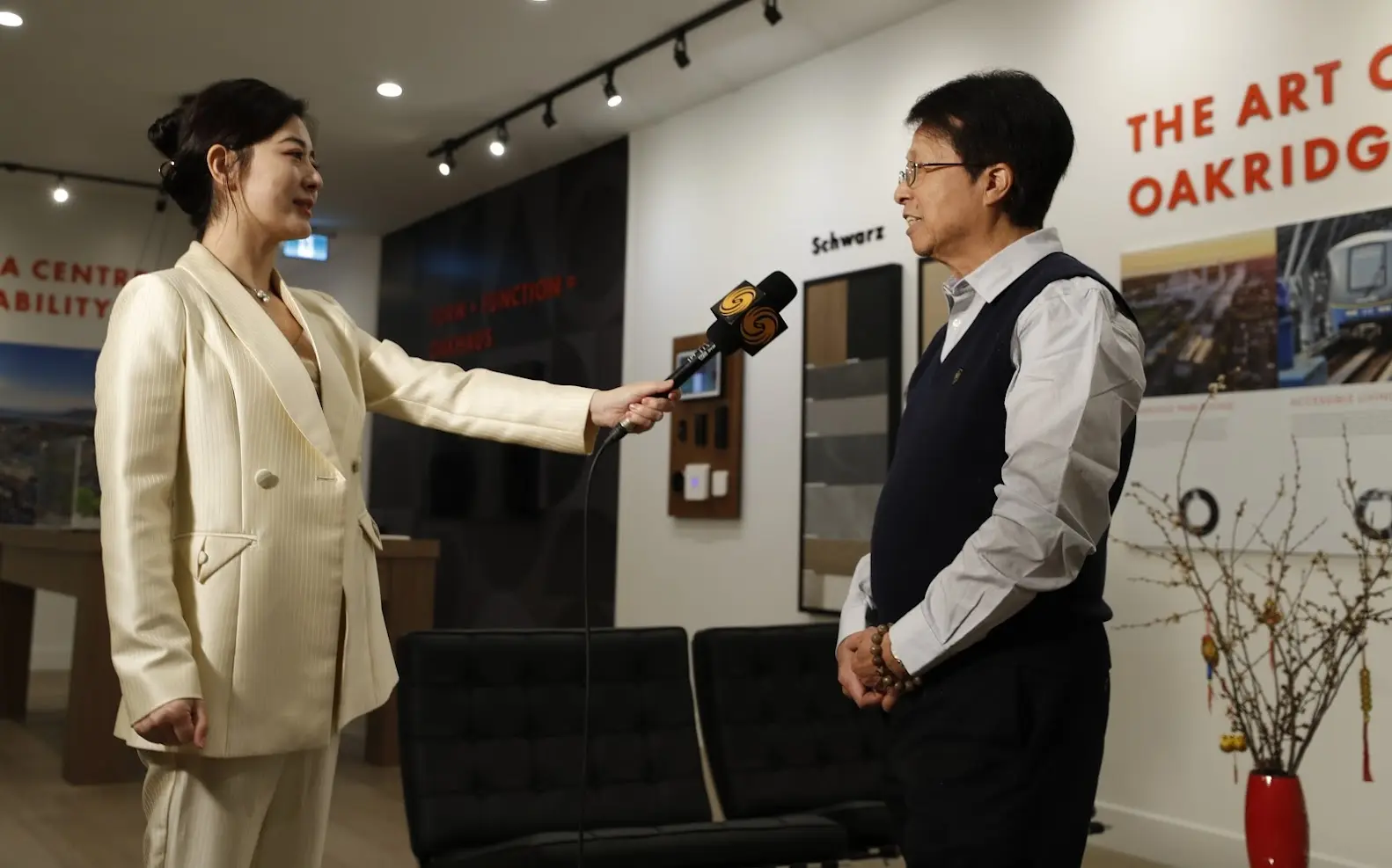
李永洲会长/主席接受凤凰卫视采访
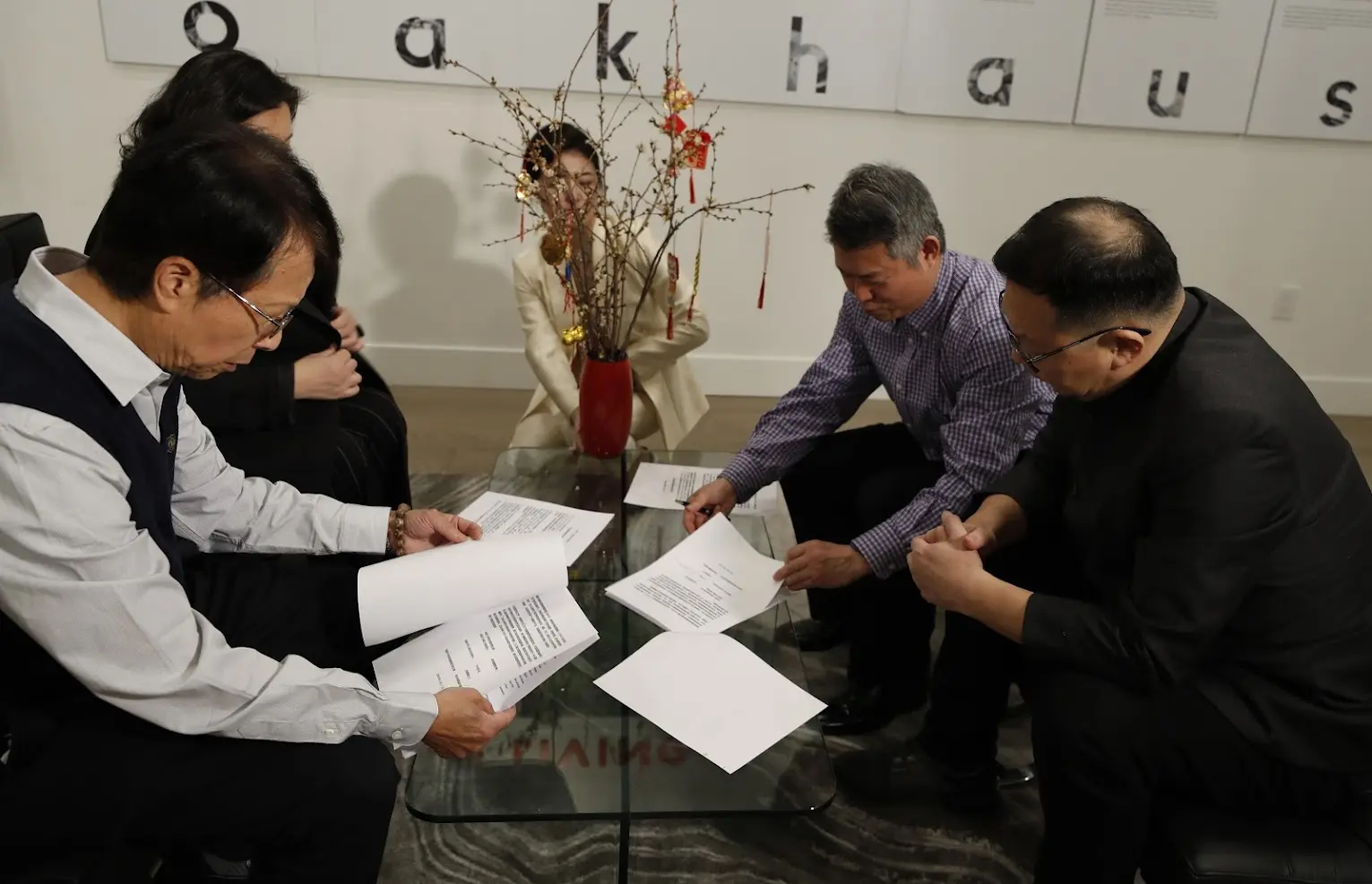
讨论文件
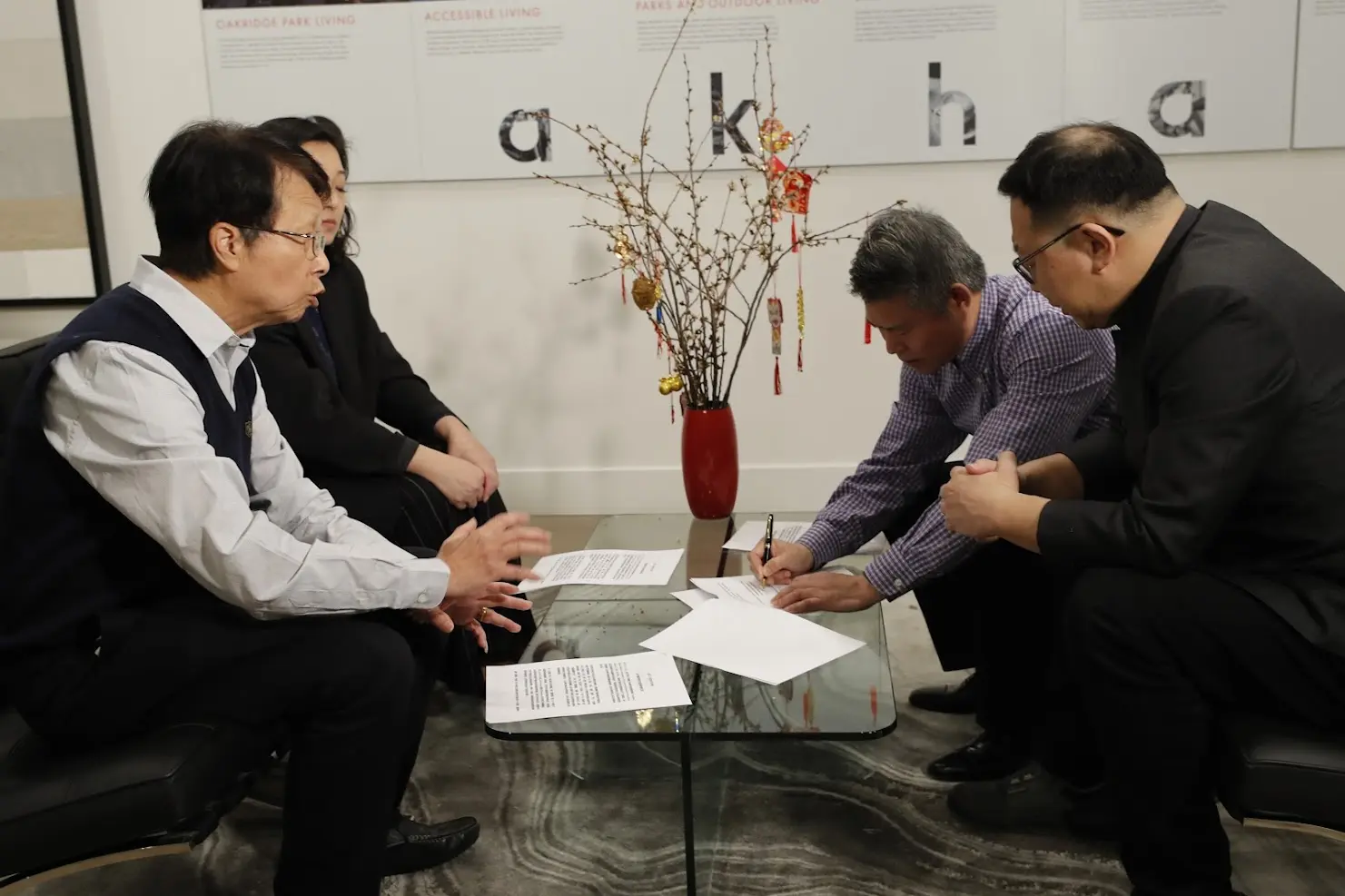
李荣刚签名
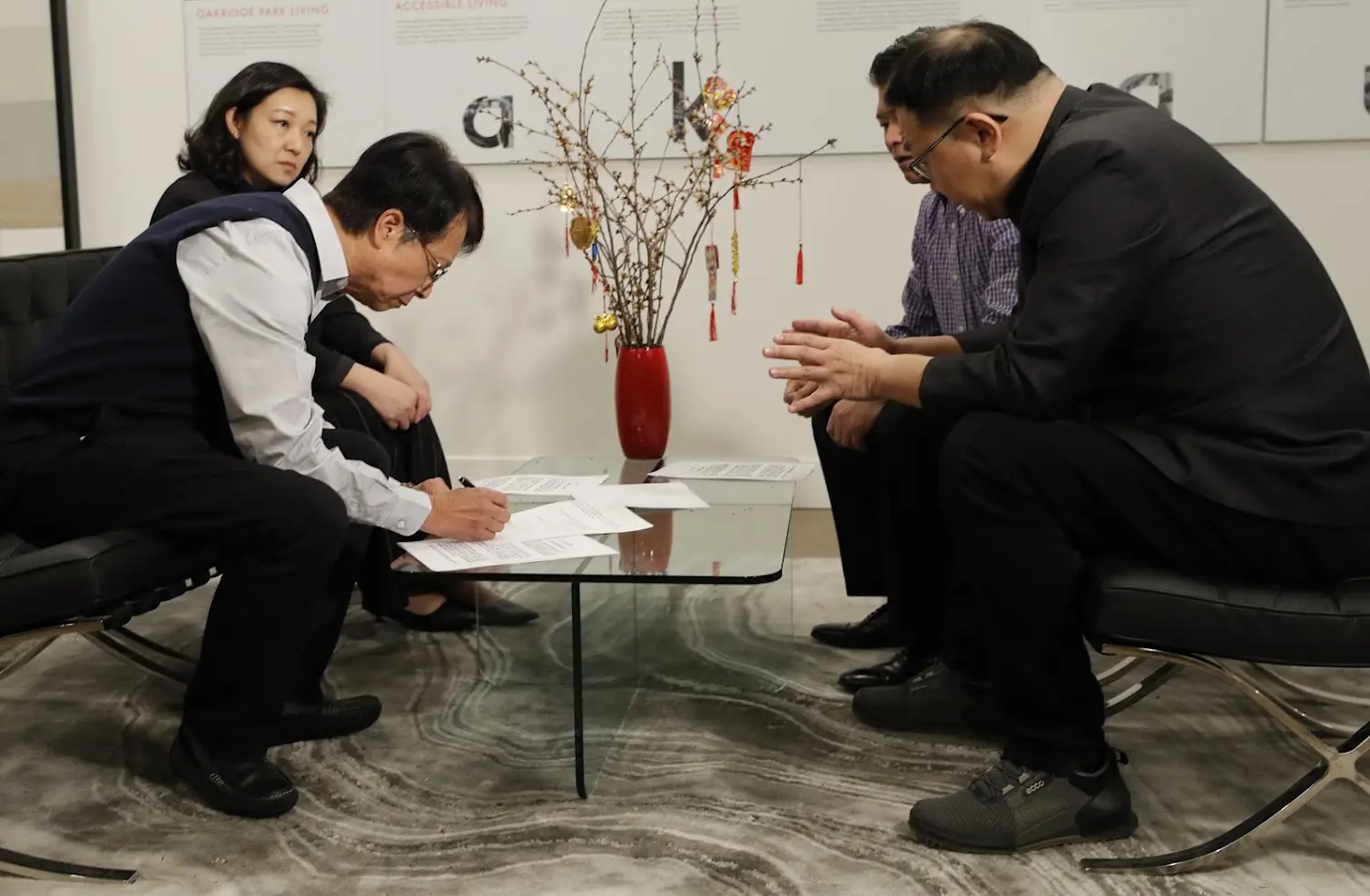
李永洲签名
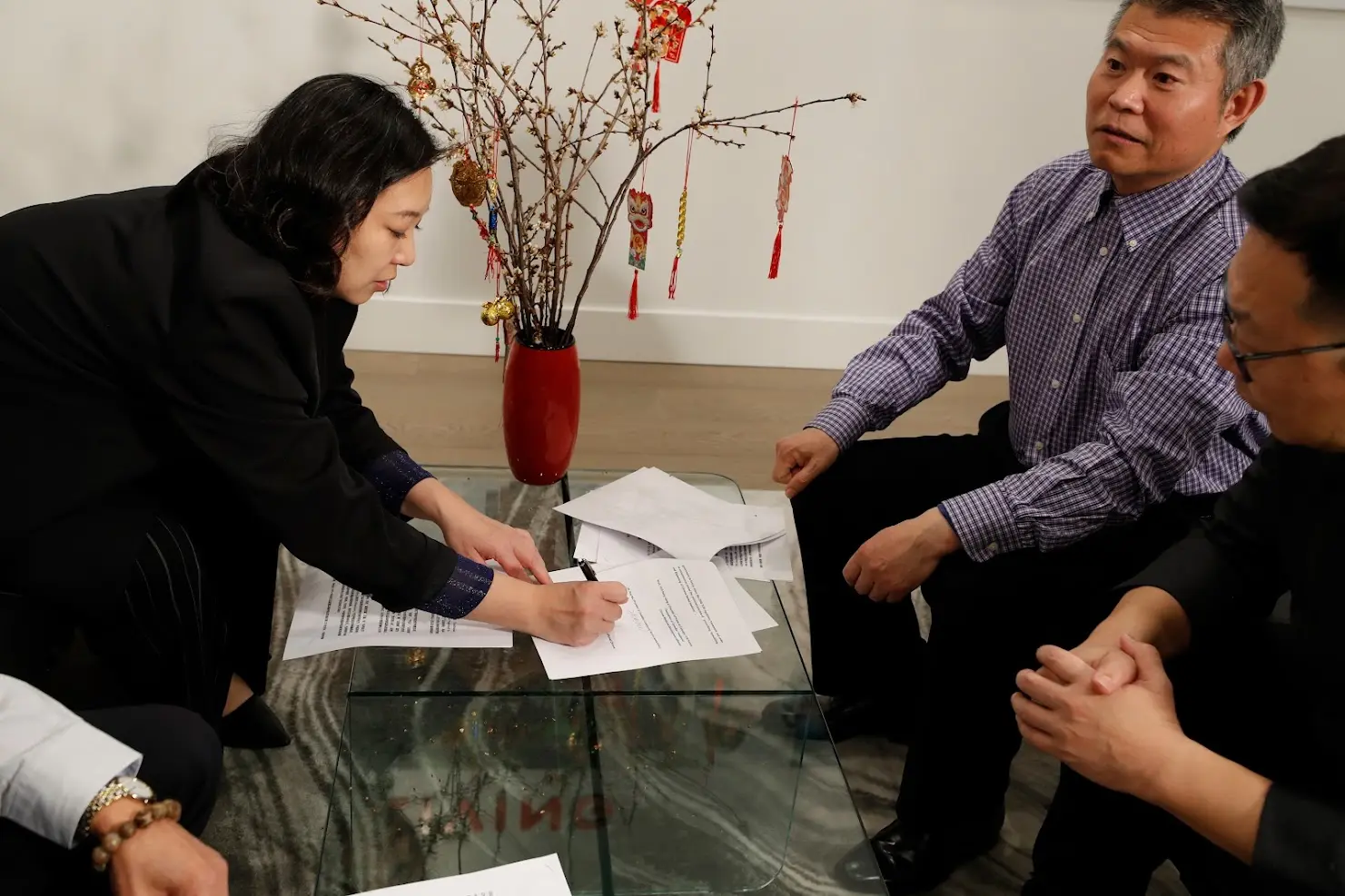
莊晓瀹签名

牛华签名


